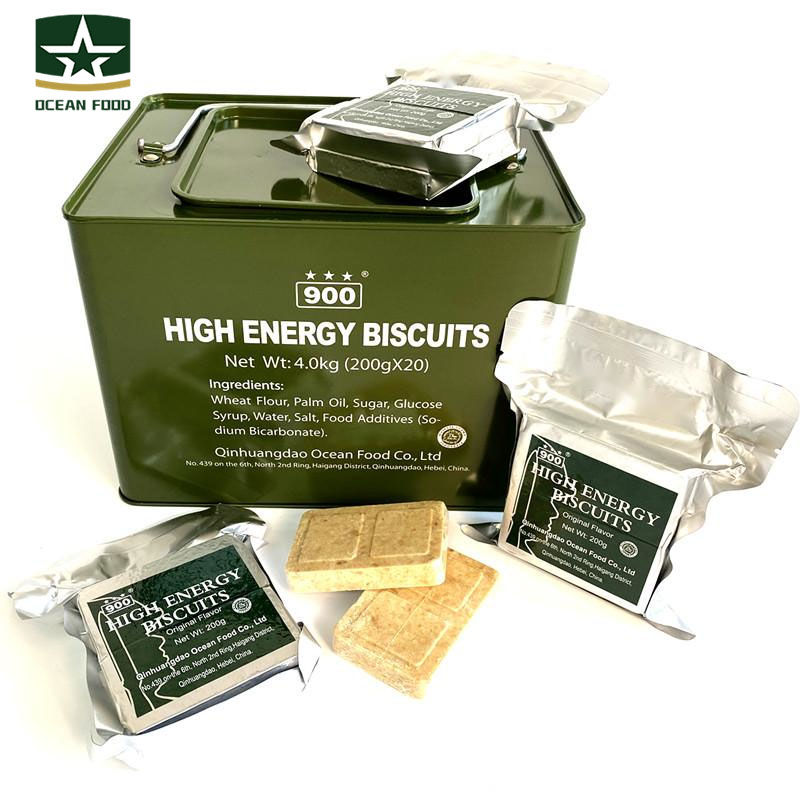Exploring Dietary Considerations for Consuming Compressed Biscuit Foods
2024-03-02
Introduction:
Compressed biscuit foods are a popular choice for individuals seeking convenient and nutritious snacks. These dense and flavorful biscuits offer a quick energy boost and can be enjoyed in various ways. However, like any food product, it's essential to consider dietary considerations and potential restrictions when incorporating compressed biscuit foods into your diet. In this blog, we'll explore some important factors to be aware of when consuming compressed biscuit foods to ensure they align with your dietary needs and preferences.
1. Allergen Information:
One of the primary considerations when consuming compressed biscuit foods is the presence of common allergens such as wheat, eggs, milk, and nuts. Individuals with food allergies or sensitivities should carefully check the ingredient list and allergen information on the packaging to ensure that the biscuits are safe for consumption. Some manufacturers may offer allergen-free or gluten-free options to accommodate specific dietary restrictions.
2. Nutritional Profile:
While compressed biscuit foods provide a convenient source of energy and nutrients, it's essential to be mindful of their nutritional profile, especially if you're following a specific diet or monitoring your intake of certain nutrients. These biscuits are typically high in carbohydrates, fats, and calories, which may not be suitable for individuals on low-carb or low-calorie diets. Additionally, some varieties of compressed biscuit foods may contain added sugars or preservatives, so it's important to choose options that align with your nutritional goals.
3. Fiber Content:
Another consideration when consuming compressed biscuit foods is their fiber content. While some varieties may contain added fiber from whole grains or added sources, others may be lower in fiber. Individuals looking to increase their fiber intake for digestive health or weight management purposes may prefer options with higher fiber content or pair compressed biscuit foods with fiber-rich foods such as fruits, vegetables, or nuts.
4. Sodium Content:
Sodium is an essential nutrient, but excessive intake can contribute to high blood pressure and other health issues. Some varieties of compressed biscuit foods may contain added salt or sodium-containing ingredients, so it's important to be mindful of your sodium intake, especially if you have hypertension or other cardiovascular conditions. Choosing low-sodium or unsalted varieties of compressed biscuit foods can help minimize sodium intake while still enjoying these snacks.
5. Portion Control:
As with any snack, portion control is key when consuming compressed biscuit foods. While these biscuits provide a convenient source of energy, excessive consumption can contribute to weight gain and other health issues. It's important to enjoy compressed biscuit foods in moderation and be mindful of portion sizes to maintain a balanced diet and prevent overeating.
Conclusion:
Compressed biscuit foods offer a convenient and versatile snack option for individuals on the go. However, it's essential to consider specific dietary considerations and restrictions to ensure that these biscuits align with your nutritional needs and preferences. By checking allergen information, being mindful of the nutritional profile, and practicing portion control, you can enjoy compressed biscuit foods as part of a balanced diet while supporting your overall health and well-being.



